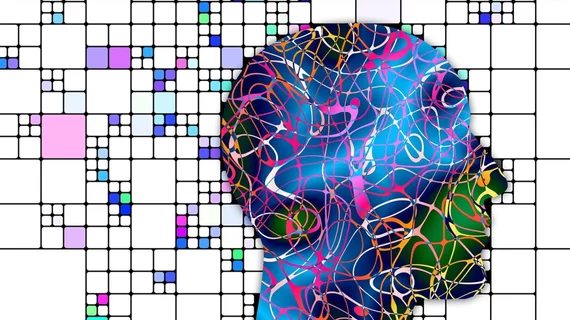AI with chaos-theory inputs could inform care for the developmentally disabled
Minor disruptions in routine can cause serious setbacks in individuals with learning challenges and other neurological disabilities. Given that established fact, the time may be ripe for combining AI with chaos theory to predict effects and outcomes en route to improving care.
Two researchers at Jönköping University in Sweden make the case for doing so in an opinion piece published online Sept. 2 in Developmental Medicine & Child Neurology.
Occupational therapy professor Dido Green and computer scientist Niklas Lavesson suggest integrating chaos theory with AI could “provide a greater understanding of the individuality of the experience of disability within different contexts and cultures.”
If the human brain at rest can be described as a hyperchaotic system, given its vast processing capacity, a brain taking in information from its surrounding environment may be considered a “super‐hyperchaotic” system, Green and Lavesson point out.
“In extending this concept to disability studies, it is interesting how synchronization takes place between trajectories of two or more coupled chaotic systems, which may have had differing ‘attractors’ but which then converge to a common trajectory,” the authors write. “We can presume the need to include families of random variables in calculations, considering both major and minor insults to typical development that may have relatively less or more impact, depending on the timing and context of occurrence.”
Meanwhile, if fed sufficient data for disability research, AI algorithms could point to new avenues of research into human cognition, development and behavior, they note.
“Chaos theory may provide a more fluid construct to map individual phenomenon alongside more classic epidemiological studies,” Green and Lavesson conclude. “The integration of science across sectors, including mathematics and engineering, is needed to incorporate novel methods for analysis with predictive modelling, utilizing techniques from machine learning and AI, to help us understand the impact of disability.”
To read the full piece, click here.

